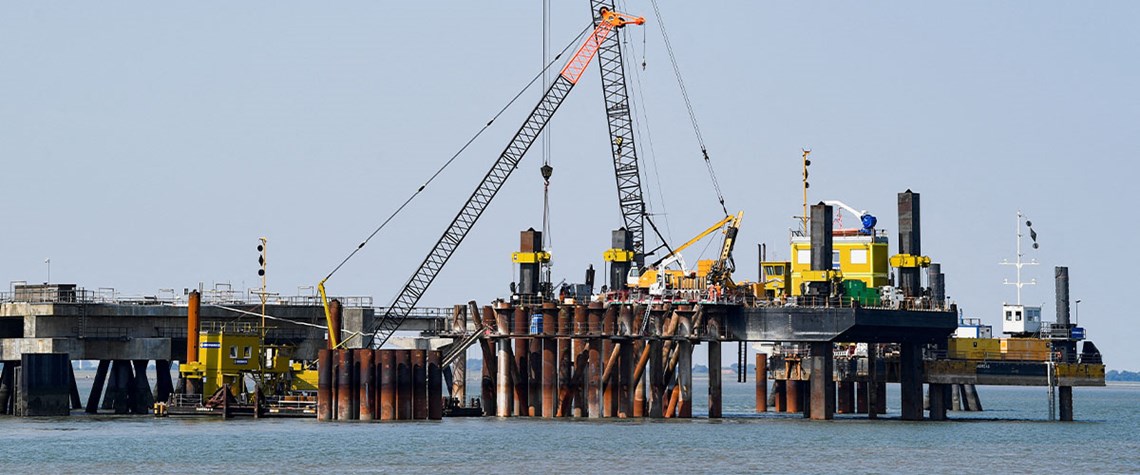German utilities take on LNG supply duties
The first two floating import terminals now have commitments to full deliveries
Europe has learned the hard way on numerous occasions that LNG import capacity does not equal supply. The German government is clearly keen not to repeat the mistake, as it has inked agreements with three of the country’s utilities that specify that all capacity in two new floating storage and regasification units (FSRUs) must be filled. The Federal Ministry for Economic Affairs and Climate Action, or BMWK, has signed memorandums of understanding (MoUs) with Uniper, RWE and the VNG subsidiary of EnBW to supply the Brunsbuettel and Wilhelmshaven FSRUs with gas, with legally binding contracts being drawn up “quickly”. “The declared aim is to use [the FSRUs] to full capacity as soon as they are

Also in this section
25 July 2025
Mozambique’s insurgency continues, but the security situation near the LNG site has significantly improved, with TotalEnergies aiming to lift its force majeure within months
25 July 2025
There is a bifurcation in the global oil market as China’s stockpiling contrasts with reduced inventories elsewhere
24 July 2025
The reaction to proposed sanctions on Russian oil buyers has been muted, suggesting trader fatigue with Trump’s frequent bold and erratic threats
24 July 2025
Trump energy policies and changing consumer trends to upend oil supply and demand








